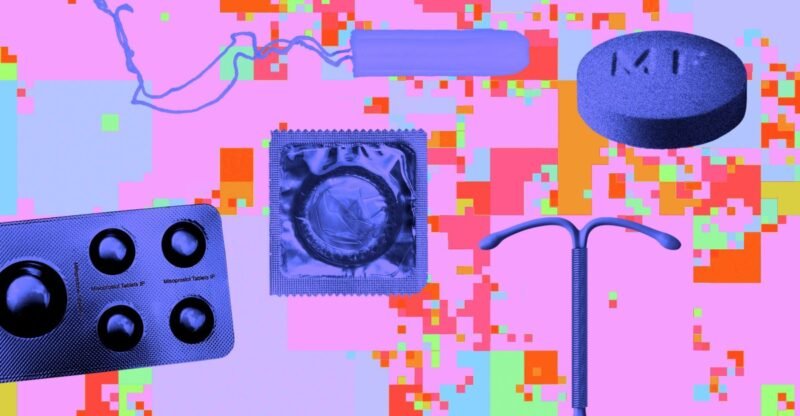Fast Facts
-
Verdict Against Meta: A California jury found Meta guilty of illegally collecting health data from the Flo period-tracking app, violating state wiretap laws.
-
Eavesdropping Allegations: The lawsuit, which originally included Flo, Google, and Flurry, claimed these companies eavesdropped on users’ in-app communications from November 2016 to February 2019.
-
Implications for Digital Privacy: The jury’s decision highlighted the need for accountability and protection of digital health data, with potential penalties of $5,000 per violation affecting millions of Flo users.
- Meta’s Response: Meta disagreed with the verdict and plans to appeal, asserting that user privacy remains a key priority and denying any allegations of wrongdoing.
Unveiling Privacy Breaches
A California jury recently ruled against Meta for unlawfully collecting health data from users of the Flo period-tracking app. This verdict arrives after a lawsuit alleged that Flo, in partnership with Meta and others, shared sensitive menstrual health information without user consent. The breach occurred between November 2016 and February 2019, violating California’s wiretap law. When users trusted Flo to maintain their privacy, they expected security. Instead, they became unwitting participants in a data collection scheme aimed at targeted advertising.
The jury found strong evidence that Meta intentionally eavesdropped on communications within the app. As a result, the case against Meta highlights the pressing issues regarding digital privacy. It sends an important message to tech companies: accountability is crucial when handling sensitive data. While Flo settled its cases with other defendants, the focus shifted entirely to Meta, emphasizing the ongoing need for strict oversight in the tech industry.
The Broader Implications
This ruling raises questions about how tech companies manage personal data. Many users now face uncertainty regarding privacy protections. While Meta plans to appeal, the potential penalties could amount to significant financial consequences. Each violation may incur a $5,000 fine, which could total millions given the number of affected users.
Moreover, this case illustrates a broader trend: consumers increasingly demand transparency and responsibility from tech giants. The protection of digital health data is paramount, as these intimate details influence individual lives deeply. As technology advances, the stakes grow higher. Enhancing privacy measures could foster greater trust between users and tech companies. By prioritizing user consent and data security, companies can build a more ethical digital landscape that aligns with the evolving needs of society.
Stay Ahead with the Latest Tech Trends
Learn how the Internet of Things (IoT) is transforming everyday life.
Access comprehensive resources on technology by visiting Wikipedia.
TechV1

